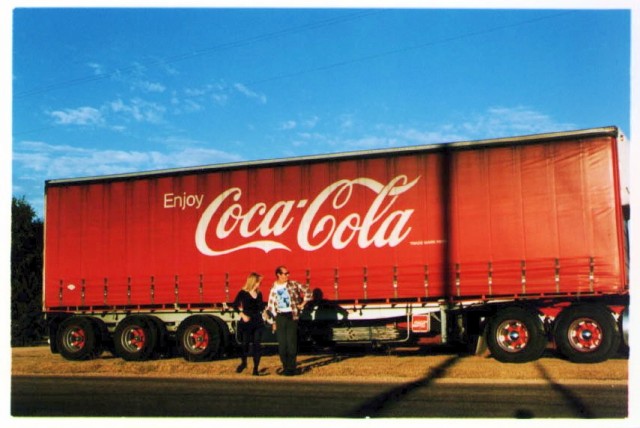
Can taxes really break our collective desire for sugary, syrupy soda? (credit: flickr user: davesag)
They're cloyingly sweet, nutritionally empty—and, increasingly, subject to taxation. More than 35 countries and seven cities in the US—starting with Berkeley, California, in 2015—now impose a tax on soda and other sugar-sweetened beverages, and several more places are considering it.
Public health researchers and organizations such as the American Heart Association and the American Academy of Pediatrics see these taxes as low-hanging fruit in the battle against obesity and the health problems, such as diabetes, that often come with it. In the United States, nearly 40 percent of adults are obese, which adds $147 billion to the nation's annual healthcare spending, according to the Centers for Disease Control and Prevention. The problem is complex, but the widespread consumption of foods packed with added sugars—which add calories but no essential nutrients—plays a major role, and beverages account for nearly half the added sugar in the American diet.
"It's really hard to shift these behaviors, and taxes are, if not the single most, one of the most impactful and important policies to move the needle on unhealthy eating habits," says Christina Roberto, a behavioral scientist at the University of Pennsylvania in Philadelphia. Taxes have helped to reduce the public health impact of alcohol and tobacco, and many public health researchers say there's good reason to think they can mitigate the harms of sugary beverages, too.
At the same time, there are also reasons why soda taxes might not have the impact on public health that advocates hope for. The current taxes may be too low to affect purchasing behavior. People could switch to other unhealthy foods. Or, in some cases, they could simply buy their soda in a neighboring city that doesn't tax them.
Read 41 remaining paragraphs | Comments

No comments:
Post a Comment